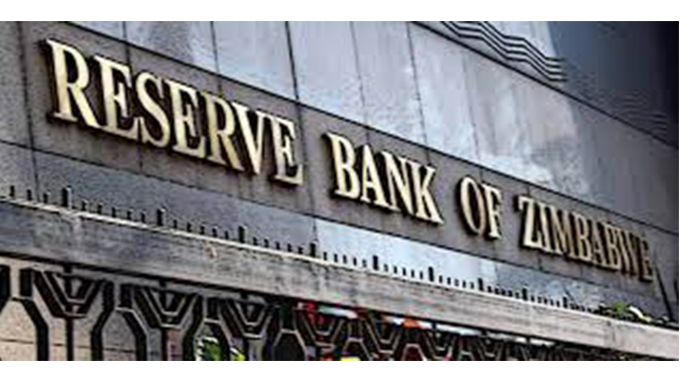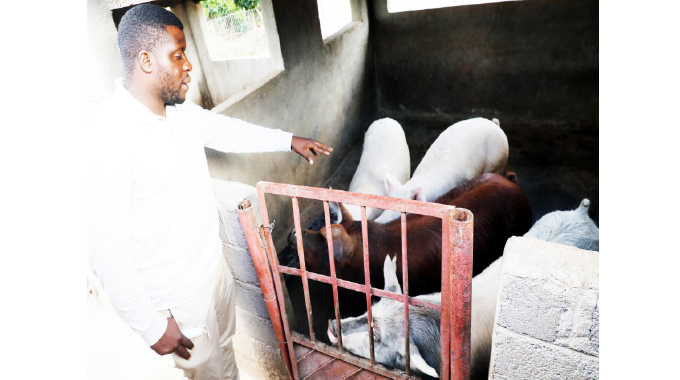RBZ lifts bank lending services suspension

Mashudu Netsianda, Online Reporter
THE Reserve Bank of Zimbabwe has with immediate effect lifted the temporary suspension of lending services by banks.
However, the upliftment of temporary suspension of lending by banks does not apply to those entities that are under investigations by the Financial Intelligence Unit (FIU) for abusing loan facilities to the detriment of the economy.
In a statement on Tuesday, RBZ Governor Dr John Mangudya said: “Further to the circular the Reserve Bank of Zimbabwe (the Bank) issued to banks on 9 May 2022, the Bank wishes to advise the public that the temporary suspension of lending services by banks has been lifted with immediate effect.”
The ban on bank lending recently announced by President Mnangagwa was aimed at warding off attacks on the Zimbabwe dollar, stabilising the exchange rate and rein in rising inflation. It was only a temporary measure designed to “prick the bubble” of currency instability fuelled by market indiscipline
The Government is convinced the recent exchange rate movements were being driven by negative sentiments and indiscipline of economic agents as opposed to economic fundamentals.
In response, President Mnangagwa then announced a raft of policy measures to deal with the unwarranted and sustained depreciation of local currency to arrest an upward inflation spiral.
Among the interventions was the ban on bank lending and tightening of trading of shares on the Zimbabwe Stock Exchange (ZSE), which was being used for destabilising speculative trading in shares.
Zimbabwe, which enjoyed a largely stable exchange rate and exponential decline in inflation since August 2019, after inflation climbed to a post dollarisation high of 837,5 percent in July 2019, is facing renewed surges in inflation.
The depreciation has been blamed on rising global inflation due to the war in Ukraine and also domestic factors that include, chiefly, rapid depreciation of the Zimbabwe dollar on the parallel market.
The annual inflation rate, which had slumped to a two-year low of 50,1 percent in June last year, rose to 94,6 percent in April from 76,1 percent in March this year.
To improve price discovery and deal with disparities in the market, the Government has introduced the willing buyer willing seller system through banks, which will be used in setting of prices.
The auction system would remain in place, but as President Mnangagwa directed, would only see the central bank selling on the stock of foreign currency that is available.
To discourage speculative buying and selling of shares on the stock exchange, transactions executed within 270 days would attract a weighty 40 percent tax.
@mashnets










Comments